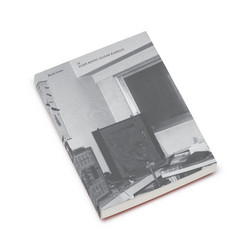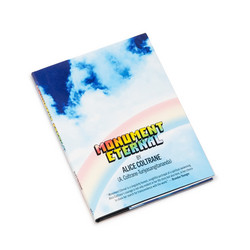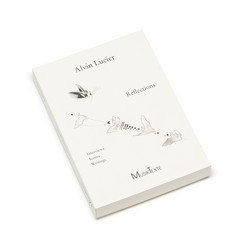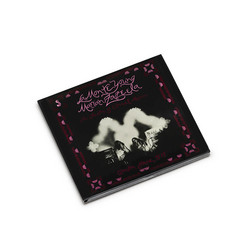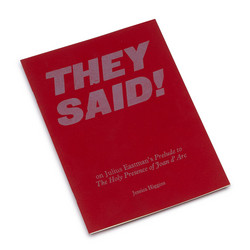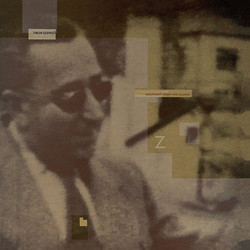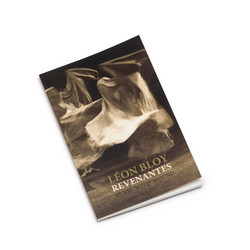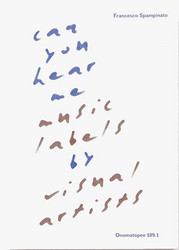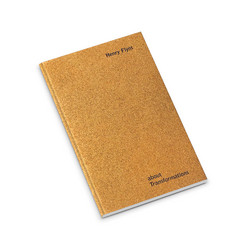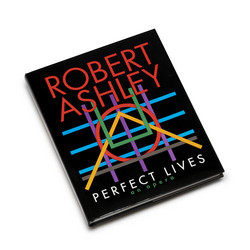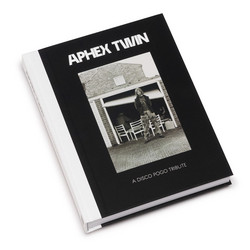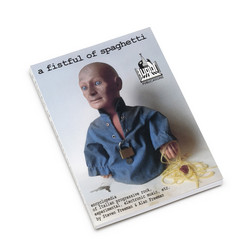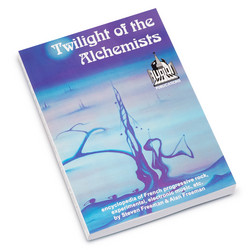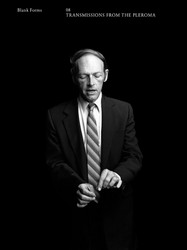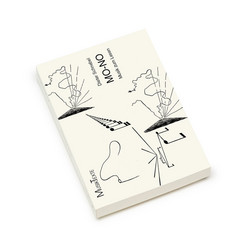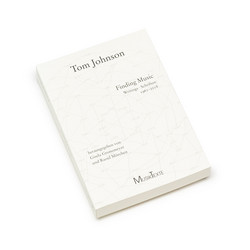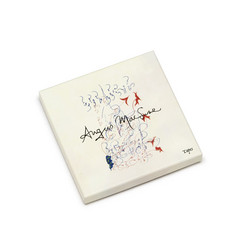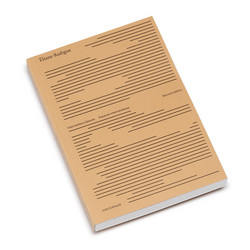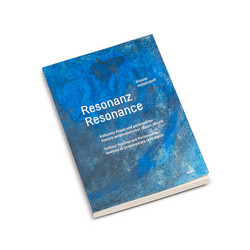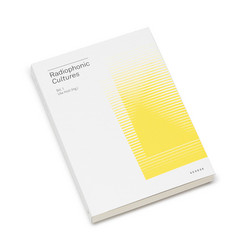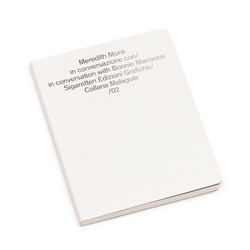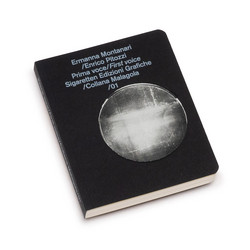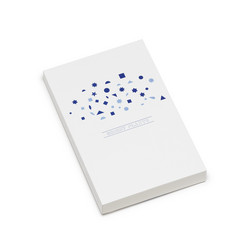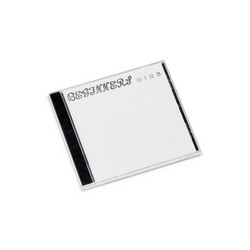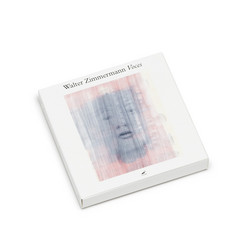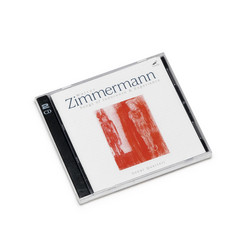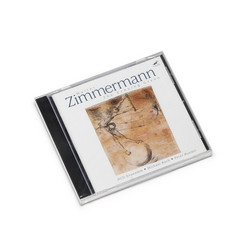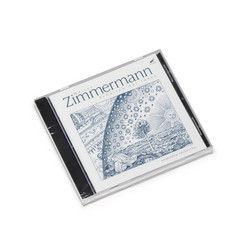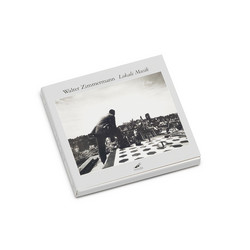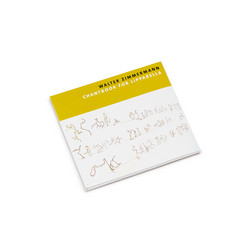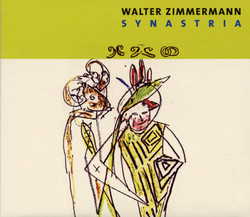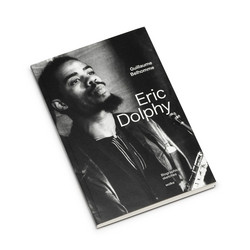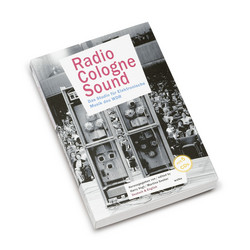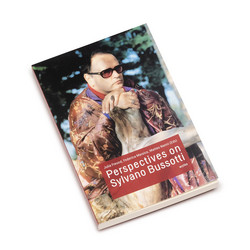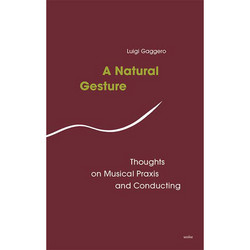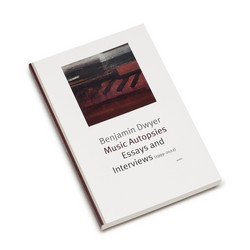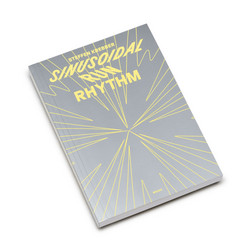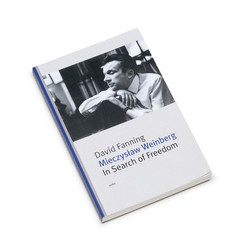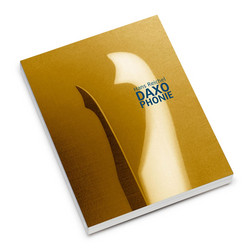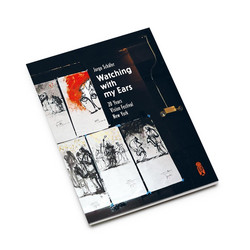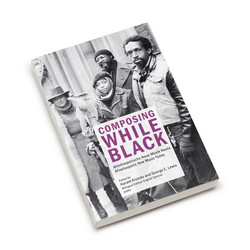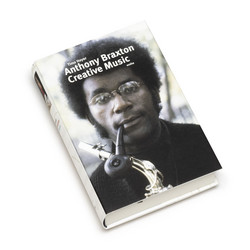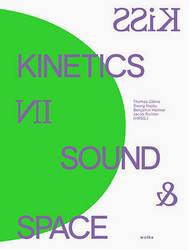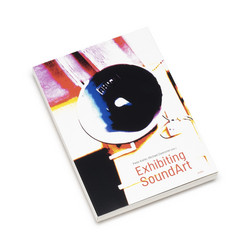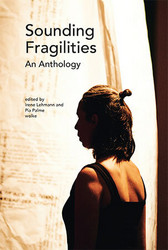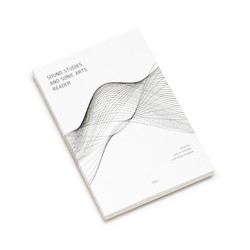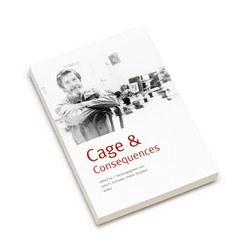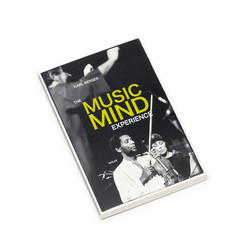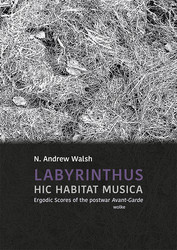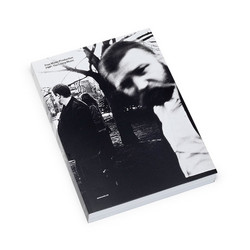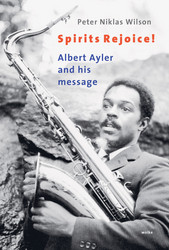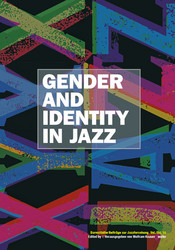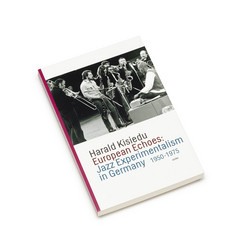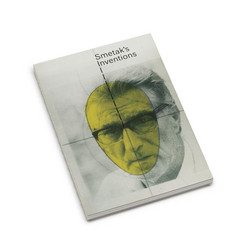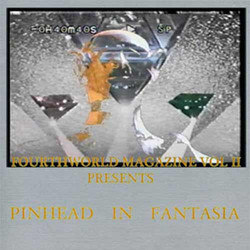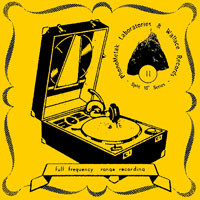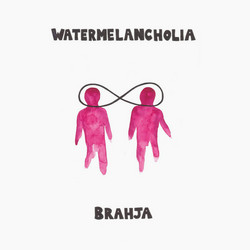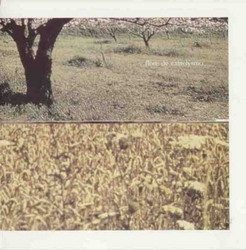Walter Zimmermann, Richard Toop
Cause and Curiosity: Walter Zimmermann in Conversation with Richard Toop (Book)
Over the last few years, we’ve been thrilled to witness the music and scholarly legacy of the German composer, Walter Zimmermann, come into focus via numerous reissues by imprints like Mode Recordings, and the republication of “Desert Plants”, his seminal 1970s exploration of American Minimalism and experimental music. An artist of rare vision and sensitivity whose ideas and practice have established countless unique intersections within the global context of avant-garde music from roughly half a century, the long-standing Wolke Verlag now casts their gaze toward Zimmermann’s incredible legacy with the publication of “Cause and Curiosity”, a remarkable 312-page collection of conversations, had between 2002-2008, between the composer and the English pianist and writer Richard Toop. Covering subjects across the entirety of Zimmermann’s career - augmented by a wealth visual information and the publication of “Shadows of Ideas”, Toop's 2002 lecture on Zimmermann - not only is an unprecedented illumination of his towering output and the thoughts that gave way to his work, but of the ideas and temperaments that run through European Minimalism and experimental music at large.
Born in 1949, Walter Zimmermann was a student of Werner Heider and Mauricio Kagel, in addition to studies at the Institute of Sonology in Utrecht, and computer music at Colgate University in New York. Arguably most well know for his book “Desert Plants”, the outcome of 1976 road trip across the United States, during which he interviewed Morton Feldman, John Cage, Philip Glass, Steve Reich, Robert Ashley, Alvin Lucier, Pauline Oliveos, James Tenney, La Monte Young, Charlemagne Palestine, and numerous others - provided a crucial snapshot of American experimental music during that era - for roughly half a century Zimmermann has composed a truly remarkable and deeply influential body of work - as rich as it is varied - led by a visionary sense of instinct and curiosity, including “Beginner’s Mind” (1978), “Lokale Musik” (1982), and “Voces” (1984), all of which have received beautiful reissues by Mode Recordings in recent years, each providing a fascinating counterpoint to the dominant perceptions and tropes of minimal music by drawing on historical, social, and psychological considerations of sound.
Between 2002-2008, the British born, Australia based pianist and writer, Richard Toop - famed for his 24-hour marathon, solo performance of “Vexations” by Erik Satie in London during 1967, as well as his work under Stockhausen - conducted numerous conversations with Zimmermann, resulting in a multifaceted kaleidoscope of rich ideas and memories that illuminate the rare versatility that defines the composer’s remarkable body of work. In Toop’s words: “Walter Zimmermann’s music seem more like the kinds of categories one invents for things that don’t fit any - where else. Maybe this is the key to ‘locating’ Zimmermann’s work. Where does it ‘fit’? Perhaps it simply doesn’t. I have often wondered why his compositions seemed to be neglected in favour of works by undeniably less talented and individual German composers. And increasingly, I believe the answer is that his work has always been too independent - that it has never been easy to accommodate within current cultural agendas. But this is precisely one of the things about his music that I treasure: it shows that nonconformism does not always have to mean protest, and that one can be affirmative without resorting to trumpets and drums. This, for me, is ‘free music’ in the truest sense - may it ever remain so!”.
Rich, engrossing, and overflowing with insights into Zimmermann’s astounding and deeply important body of music, “Cause and Curiosity” is rooted in a profound devotion to the radical and unique sense of possibility unlocked by experimental music, informed and guided by Richard Toop’s intimate understanding of, and sensitivity to, his subject (already well-honed in his previous, widely celebrated explorations of Ligeti and Stockhausen). This 312-page volume, capturing numerous conversations had by Toop and Zimmermann between 2002-2008 - augmented by a wealth visual information and “Shadows of Ideas”, Toop's 2002 insightful lecture on Zimmermann - offers unprecedented access to one of the most unique composers of his generation. Absolutely essential for any fan of Zimmermann’s multifaceted career and experimental / minimalist music at large.
English, 312- pages, softcover.
